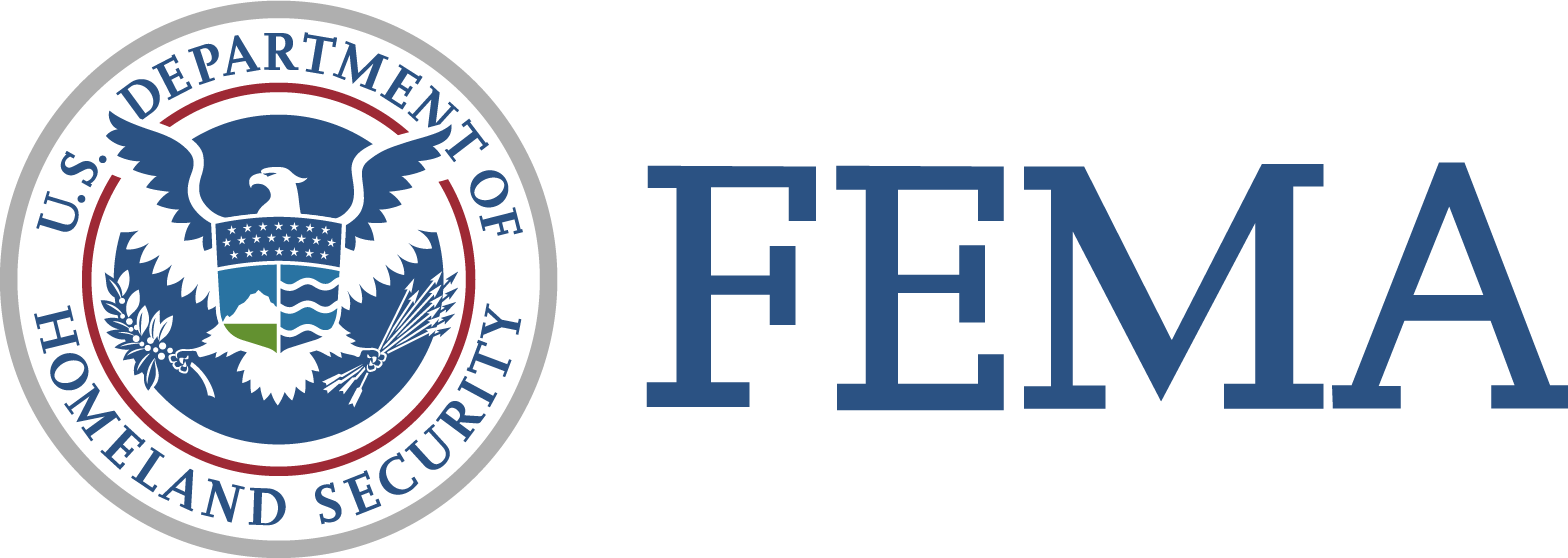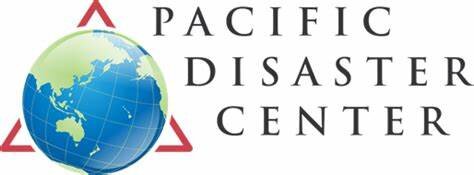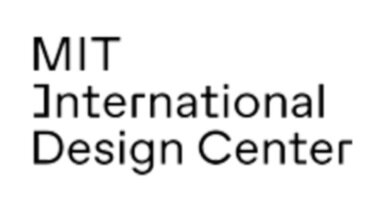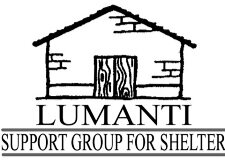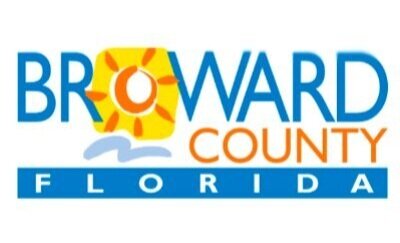The Urban Risk Lab at MIT develops methods, prototypes, and technologies to embed risk reduction and preparedness into the design of cities and regions to increase the resilience of local communities. Operating at the intersection of ecology and infrastructure, rural and urban, research and action, the Urban Risk Lab is an interdisciplinary organization of researchers and designers. With a global network of partners, the Lab is a place to innovate on techniques, processes, and systems to address the complexities of seismic, climatic, and hydrologic risks. We engage in action research through extensive fieldwork and community workshops to focus on the needs of diverse cultures and contexts. We aspire to change the course of current global development trends through a radical shift in education and action to proactively embed disaster preparedness, risk reduction, and climate adaptation in this rapidly urbanizing world.
Mail Address
Room 10-491M, 77 Massachusetts Avenue,
Cambridge, MA 02139
Lab Address
N52-391, 265 Massachusetts Avenue,
Cambridge, MA 02139
Collaboration and Support
We acknowledge Indigenous Peoples as the traditional stewards of the land, and the enduring relationship that exists between them and their traditional territories. The lands that MIT occupies are the traditional unceded territories of the Wampanoag Nation and the Massachusett Peoples. We acknowledge the painful history of genocide and forced occupation of these territories, as well as the ongoing processes of colonialism and dispossession in which we and our institution are implicated. Beyond the stolen territory that we physically occupy, MIT has long profited from the sale of federal lands granted by the Morrill Act, territories stolen from 82 Tribes, including the Greater and Little Osage, Chippewa, and Omaha Peoples.
As we honor and respect the many diverse Indigenous people connected to this land from time immemorial, we seek to Indigenize our institution and the fields of design and planning, offer space, and leave indigenous peoples in more empowered positions.


